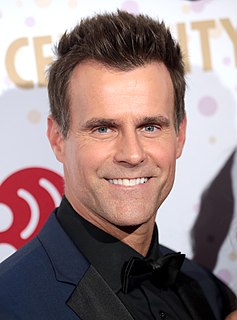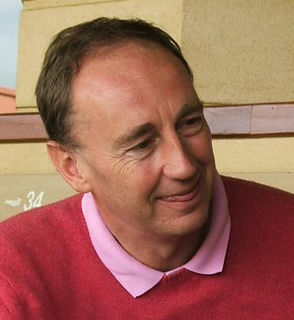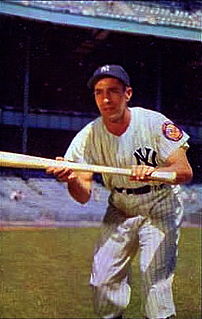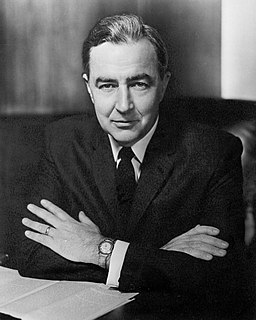A Quote by Rush Limbaugh
If it's done right, radio can just be far more important than television.
Related Quotes
Some of the things that I do, I think are very important and much more important than the radio show or the television show that I do or anything else that I do. I think right at the top of the list is the basic thing. And of course the basic thing is to hopefully stop people from killing anything. And to create a non-violent diet for themselves, because a non-violent world has roots in a non-violent diet.
When you're going to school primarily for career purposes, it's more important to focus on which program is best for you. In addition, your success at college depends far more on what you do at the college than at which college you do it: Choosing the right program, then the right advisor, the right courses, the right term papers, the right co-curricular activities, the right fieldwork, the right internships. You can make those choices at any college.
There is danger in the concentration of control in the television and radio networks, especially in the large television and radio stations; danger in the concentration of ownership in the press...and danger in the increasing concentration of selection by book publishers and reviewers and by the producers of radio and television programs.
I did television for a very long time, but if you're on television, words don't count. What the eye sees beats the words. If you switch sides, from radio to television, you learn that the wordiness that you learn on the radio is useless or not nearly as powerful, and you have to learn to trust that the eye will just beat the ear.

































